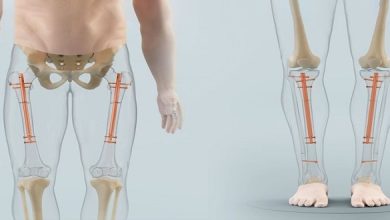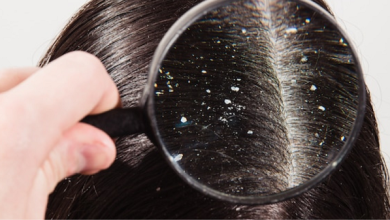Transgenic Mice from Cyagen: A Powerful Tool for Innovative Research

Transgenic mice are a powerful tool for studying gene function, regulation, and expression and modeling human diseases. These mice are created by introducing foreign DNA into the mouse genome, which leads to the expression of the new gene in specific tissues or throughout the body. Cyagen is a leading provider of custom transgenic mouse models and offers a wide range of services to help researchers generate transgenic mice for their research needs.
Understanding Transgenic Mice and Their Applications
Transgenic mice are used to study a wide range of biological processes and diseases, including cancer, diabetes, and neurodegenerative disorders. These mice can be used to express human genes in a mouse model, which is particularly useful when studying human-specific diseases and pathways. Additionally, transgenic mice can generate tissue-specific gene expression, enabling researchers to study the function of a specific gene or pathway in a particular tissue.
Cyagen offers a variety of transgenic mouse models, including conventional plasmid-based transgenic vectors and BAC-based transgenes that have been modified by recombineering. The company also provides PCR genotyping strategies for founder screening, which allows researchers to identify transgenic mice that carry the desired transgene.
Workflow of Transgenic Mice Services from Cyagen
The process generating mice involve several steps, including transgenic strategy design, transgenic vector construction, pronuclear injection, and transgenic mouse screening. Cyagen Biosciences offers comprehensive services to support each step of the process.
The first step in generating transgenic mice is to design a transgenic strategy that meets the research needs of the investigator. This may involve the construction of a plasmid-based transgenic vector or modifying a BAC-based transgene through recombineering.
After the transgenic vector is constructed, it is subjected to rigorous quality control testing to confirm its integrity and ensure it is suitable for injection. The next step is the pronuclear injection, which involves the injection of the transgenic plasmid or BAC into the pronucleus of fertilized eggs. After the eggs are implanted into surrogate mothers, offspring are born, and pups are genotyped by PCR to identify those carrying the transgene.
Conclusion
Transgenic mice are valuable for studying gene function, regulation, and expression. Cyagen offers comprehensive services to help researchers generate transgenic mice for their research needs. With their expertise in transgenic mouse models, Cyagen Biosciences is an ideal partner for researchers seeking to generate transgenic mouse models for innovative research.




